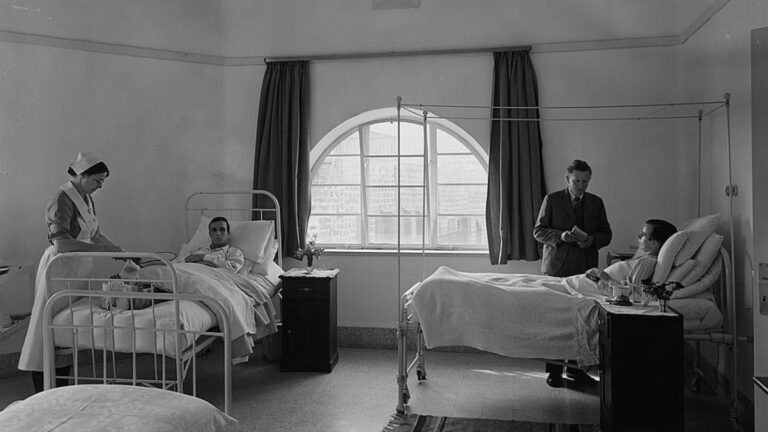Sukkot, the Feast of Tabernacles, is also Israel’s fall festival season. On Friday, Jerusalem hosted the annual Woodstock Revival featuring classic rock music from the 1960s and ’70s. The Tamar Festival kicked off on Sunday night at Masada and continues to points south. The Ushpizin Music Festival will be keeping the port city of Ashdod up all night.
Also this Sukkot, the Rishon Lezion Music Festival celebrates its 30th year with a range of special performances, highlighted by an evening hosted by Israeli poet-rocker Yehonatan Geffen with guests from the pantheon of Israeli rock: Shalom Hanoch, Yehuda Poliker, Gidi Gov, Matti Caspi, David Broza, Danny Litani, Corinne Allal, Yael Levy and others — a lineup very similar to that of the 1978 Nuweiba Pop Festival, 39 years ago.
The Sinai Peninsula was still under Israeli control then, and the coastal village of Nuweiba — also known as Neviot — was where Israelis young and old would go to escape from the tensions of daily life, relax, hang out and let their freak flag fly.
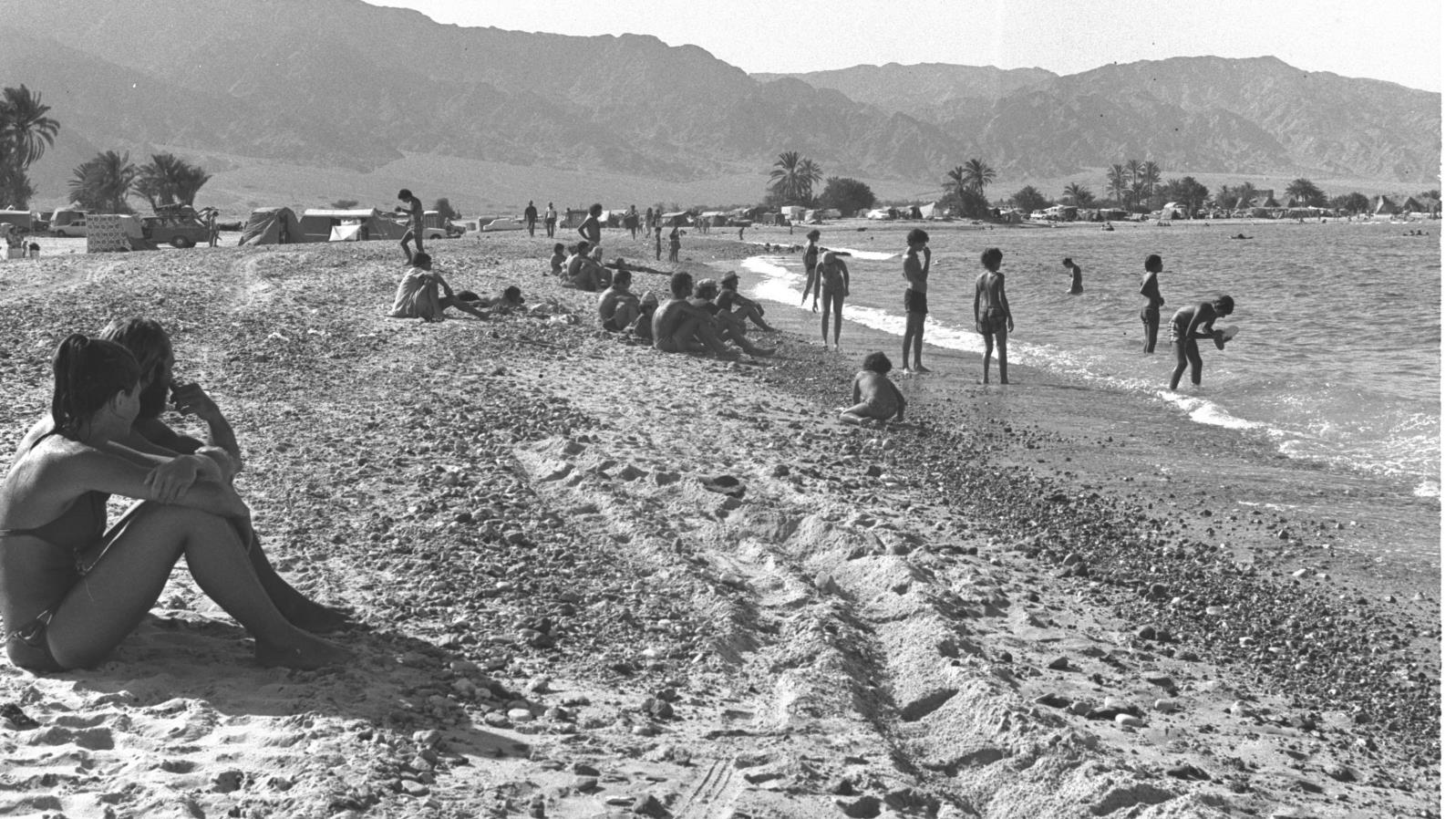
The legendary Nuweiba Pop Festival was held in October 1978 during the Sukkot holiday week, a mere month after the signing of the Camp David Accords. Dubbed “the Woodstock of Israel,” the Nuweiba Festival was attended by a reported 10,000 people — a huge audience in those days.
There was with a star-studded lineup of local performers that included the aforementioned Hanoch, Caspi, Litani, Broza, Allal and Levy, as well as Dafna Armoni, Shlomo Artzi, Yigal Bashan, Gary Eckstein, Nurit Galron, Mickey Gavrielov, Zvika Pick, Astar and Efraim Shamir, Yehudit Ravitz, Hanan Yovel, Ariel Zilber, bands Tammuz and Gan Eden, host Dori Ben Ze’ev and many others including special guest — “direct from Woodstock” and only 10 years after the Summer of Love — Richie Havens.
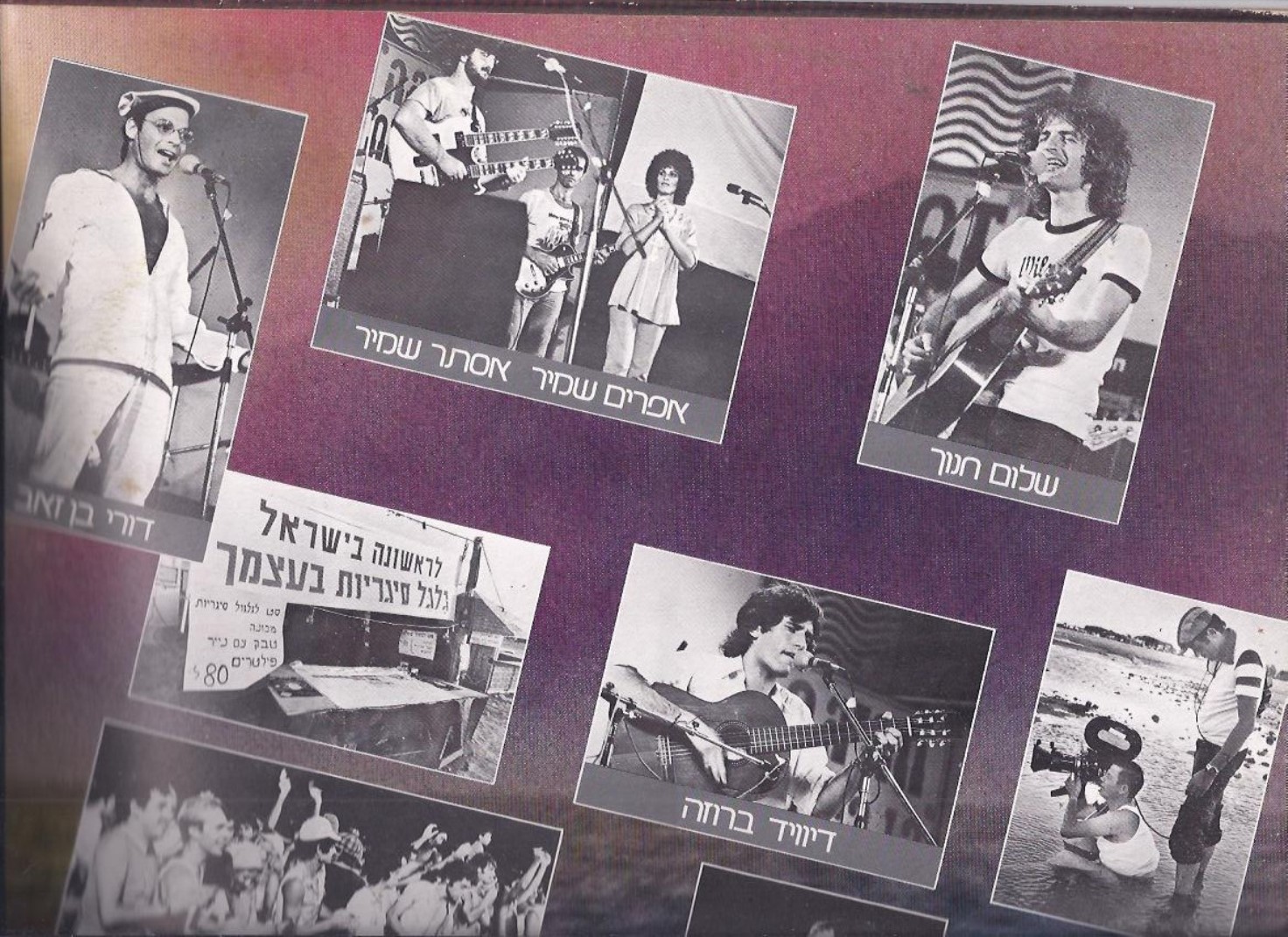
In a 2009 interview with NRG, Yovel reminisced, “The feeling was, we’re like America now. We set up a tent city with people of all ages, families, and it was great fun. I can definitely say that there was a Woodstock-like atmosphere and naturally, with 10,000 people up close and personal, there was a lot of sex.”
Gavrielov added, “I felt as free as a bird there, and it felt like you were allowed to do anything you could imagine. There were a lot of girls in bikinis around, and I remember a few Scandinavians going topless which drew a lot of attention. It was an entirely freeing experience — alcohol, drugs and rock ‘n’ roll — you were thrown into a world where the experience was different from your familiar reality.”
This was the second Nuweiba Pop Festival. The first, smaller edition held in 1977 yielded an album that provided impetus for the following year’s festival.
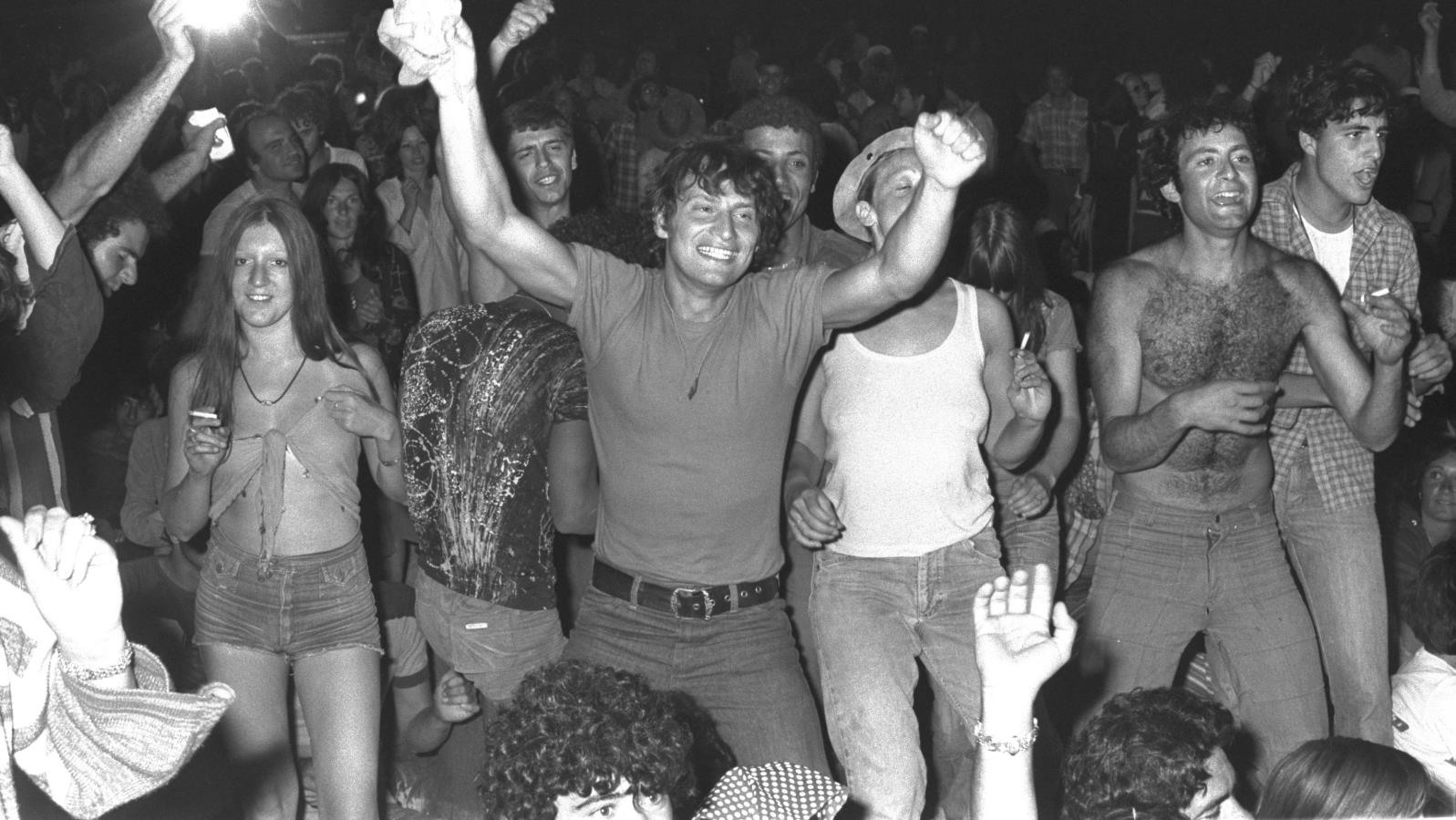
For 1978, festival producer Eitan Gafni worked on bringing both Havens and another Woodstock alum, folksinger Joan Baez, to perform at Nuweiba. At the last moment, Baez cancelled her participation having discovered that Sinai was not in “Israel proper.” She did perform at the Jerusalem Convention Center that year, and in 1979 at the Caesarea amphitheater.
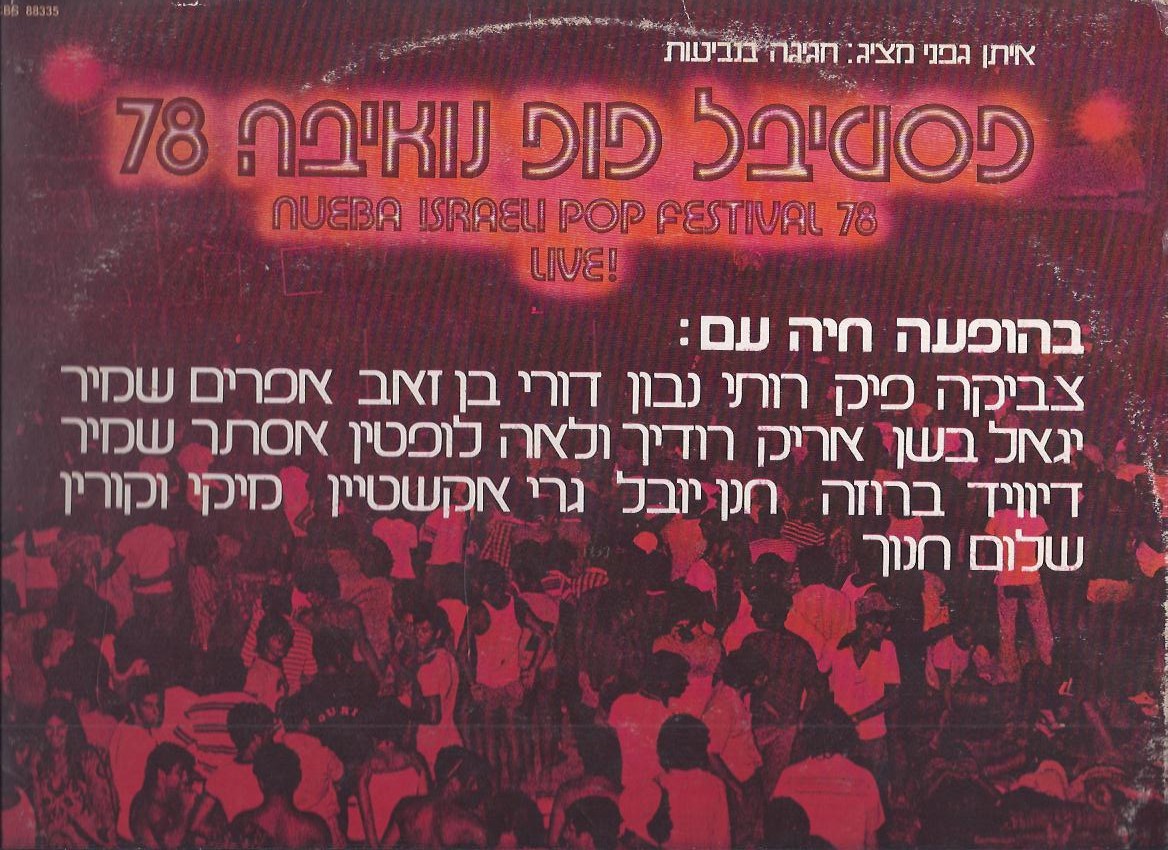
Perhaps the Nuweiba Festival’s loveliest legacy is Broza’s Bedouin Love Song but it was Hanoch who closed the show with a high-energy set that ended after three encores at 4am. According to a post by musician and radio announcer Boaz Cohen, then a teenager attending the concert, the crowd did not want to leave and began to chant.
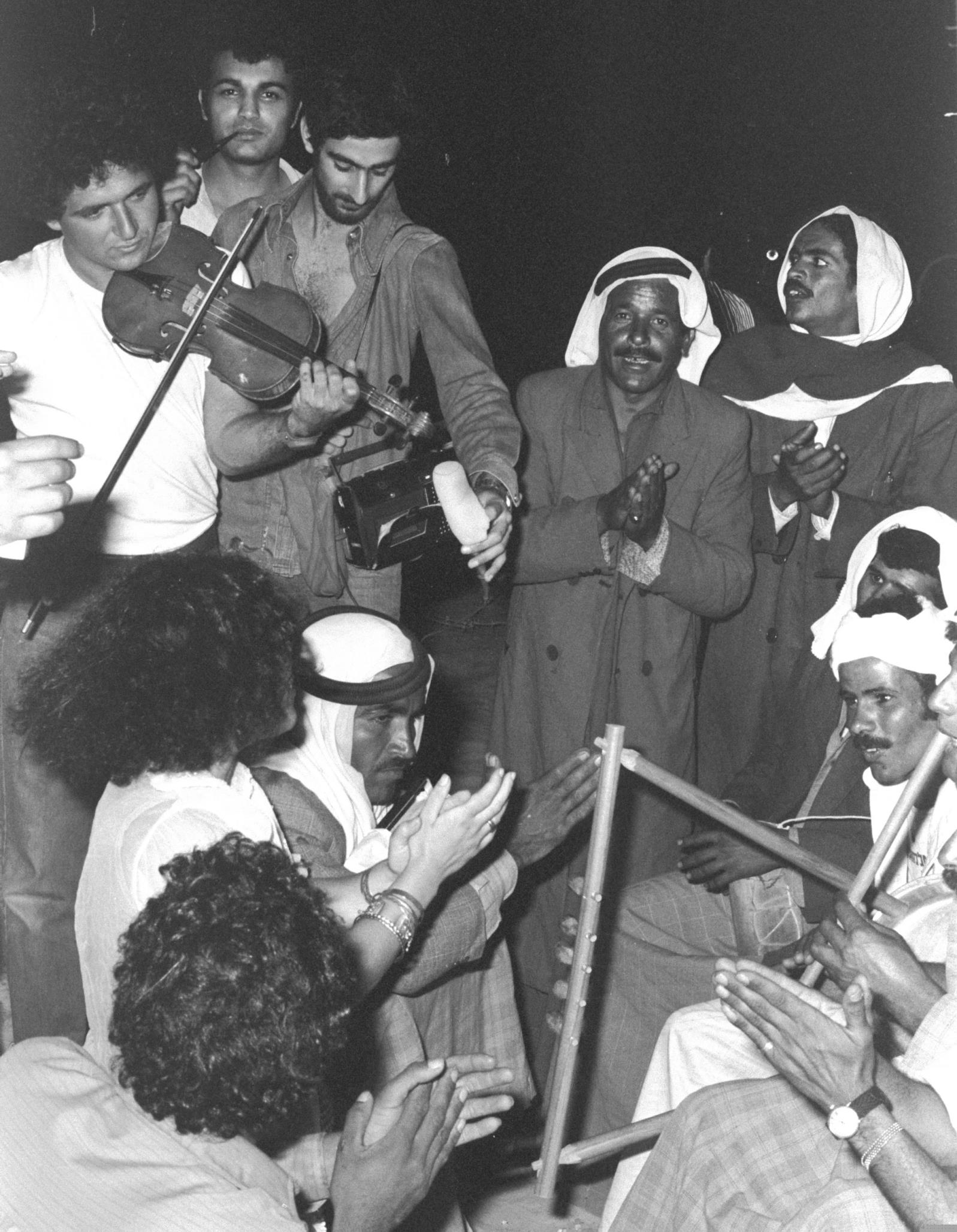
“Dori Ben-Ze’ev gets on stage: ‘Go home, people, don’t you have a home?’ The crowd continues: ‘Sha-lom, Sha-lom, Sha-lom! Shalom Hanoch!’. Dori is desperate: “The festival is over, summer vacation is over, Shalom Hanoch has gone home. You go too.” The audience answers: ‘Sha-lom, Sha-lom, Sha-lom! Shalom Hanoch!’… And someone else shouts: We want more!’
“The policemen begin to disperse the audience… Three guys roll up a huge joint in front of the rising sun. The mustached policeman says to them: ‘Guys, do me a favor… not here. Not here. Go to the corner.”
“In the papers they wrote about Israel’s Woodstock. Menachem Begin and the Likud government returned the whole of Sinai to Egypt a year later. I’ve never been back there ever since, but that night was burned deep into my consciousness, the night that Shalom Hanoch invented himself as the local Prophet of Rock.”
An excellent Israel Television Authority documentary about the 1978 festival with full performances by many of the artists can be viewed online.
In the film, producer Gafni promises that despite the lack of profit he intends to hold the festival again the following year. That was not to be. In 1979, Egypt became the first Arab state to sign a peace treaty with Israel. As part of the treaty, Israel withdrew from the Sinai, and that which had been a place of refuge for Israelis was gone.




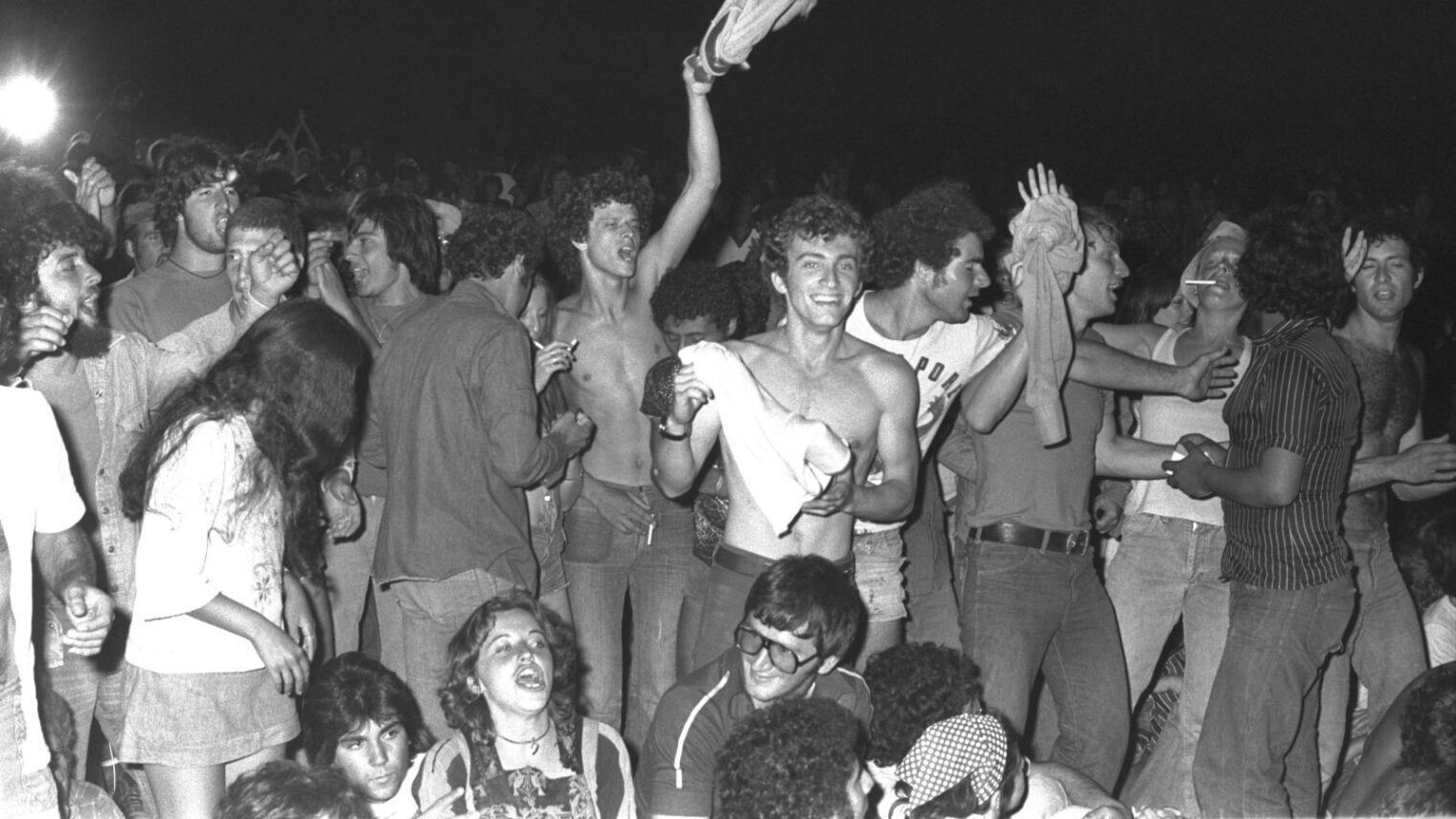
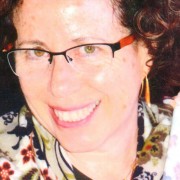









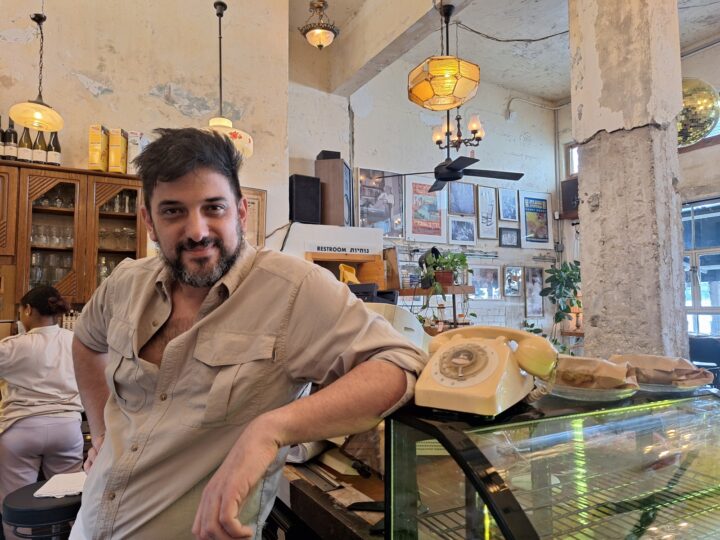
![Elections 1977 – Likud posters] In 1977, Menahem Begin led an election upset as Israel’s first non-Labor prime minister. Credit: GPO Elections 1977 – Likud posters] In 1977, Menahem Begin led an election upset as Israel’s first non-Labor prime minister. Credit: GPO](https://static.israel21c.org/www/uploads/2019/09/Elections_1977___Likud_posters_-_GPO-768x432.jpg)
